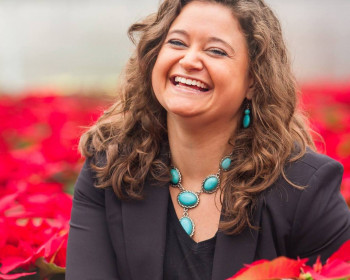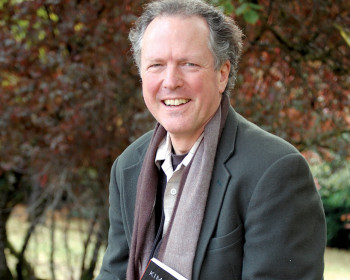TransActive Gender Project Partners with Rural and Urban K-12 Professionals on Gender Diversity Toolkit Project
Open gallery

On October 24-25, 2019, TransActive Gender Project and the Center for Community Engagement at Lewis & Clark Graduate School of Education and Counseling held their first state-wide summit, From Policy to Practice: Building Your Own Gender Diversity Toolkit, in Portland, Oregon.
Free and open to all school counselors, educators, and administrators in the Portland Metro area and beyond, the summit’s intention was to provide K-12 professionals with an opportunity to play an active role in developing a practical and comprehensive toolkit to help both rural and urban schools and districts overcome barriers encountered when implementing gender diverse, nonbinary, and transgender inclusive policies. Over 80 school leaders across the state attended the event, representing more than 50 different schools/districts and over 25 different positions within the school system.
“As visibility of gender diverse, nonbinary, and transgender students and staff increases in communities and school districts throughout Oregon, the urgent need to collaborate on establishing affirming, inclusive, and equitable PK-12 school environments is becoming more obvious every day,” said Jenn Burleton, Program Director of TransActive Gender Project at Lewis & Clark.
The summit marks the beginning of an ongoing project to create a comprehensive state-wide toolkit for supporting transgender and gender diverse PK-12 students, educators, and other personnel in creating safe and inclusive school communities for this population.
The first day included several workshops by faculty and staff from Lewis & Clark Graduate School, TransActive, and Portland Public Schools, plus a Q&A session with the Department of Education’s Education Equity - Civil Rights Specialist, Karin Moscon. The summit concluded with establishing working groups among individual participants around several issues that resonated with participants including creating inclusive curriculum, establishing safe classroom environments, and working with communities, parents, and other school community members on addressing gender diversity issues.
“What makes this summit different from others is that we are asking for direct input and guidance from our classroom teachers and our school counselors who know firsthand what they need in this toolkit,” says Center for Community Engagement Program Manager Kelly Novahom, whose prime responsibility within the Toolkit project is to continue engagement with educators across the state.
“Considering today’s climate of anti-trans misinformation and intolerance, it is clear we need a toolkit to empower schools to implement policies that support gender diversity. While TransActive Gender Project is committed to producing such a toolkit, its effectiveness will be significantly enhanced through engagement with those attending these summits,” stated Burleton at the closing of the summit.
TransActive Gender Project is hosting a second summit on April 6-7 in Sisters, Oregon, to connect with PK-12 school counselors, educators, and administrators from the central and eastern regions of the state. This summit will include specific emphasis on the needs of rural communities and how they may vary from those in urban and suburban areas. Registration is open to K-12 professionals, details and registration information can be found here.
————————————————–
These summits are funded in part by the Pride Foundation, individual and family donations, and the Center for Community Engagement at Lewis & Clark Graduate School of Education and Counseling, and organized in partnership with the Oregon Department of Education and key Portland Public Schools and Lewis & Clark educators and staff.
For more information about TransActive Gender Project at Lewis & Clark, please go to go.lclark.edu/transactive.
TransActive Gender Project at Lewis & Clark Graduate School of Education and Counseling provides professional development and community centered training and education; facilitated support groups for adult family/allies and youth age 4-18; advocacy related to gender diverse social justice; policy development/implementation consultation and guidance; and screened referrals to mental health and medical providers experienced in trans youth care.
Graduate Communications is located in room 205 of Rogers Hall on the Graduate Campus.
voice 503-768-6054
fax 503-768-6053
Graduate Communications
Lewis & Clark
615 S. Palatine Hill Road
Portland OR 97219

